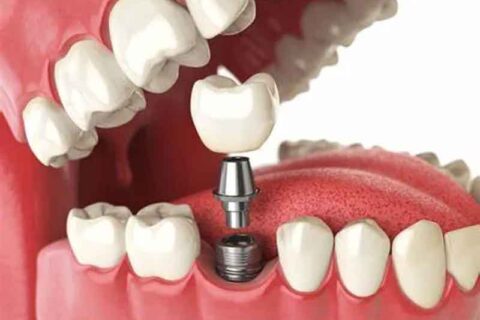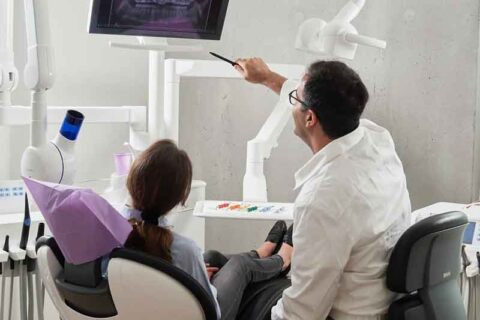Category: Dental Implants
There are a plethora of procedures available for patients looking to get a tooth replaced. The two most common replacements for teeth are…
Dental implants are the permanent way to replace missing teeth, with a look and feel that’s very close to your natural teeth. Implants are…


